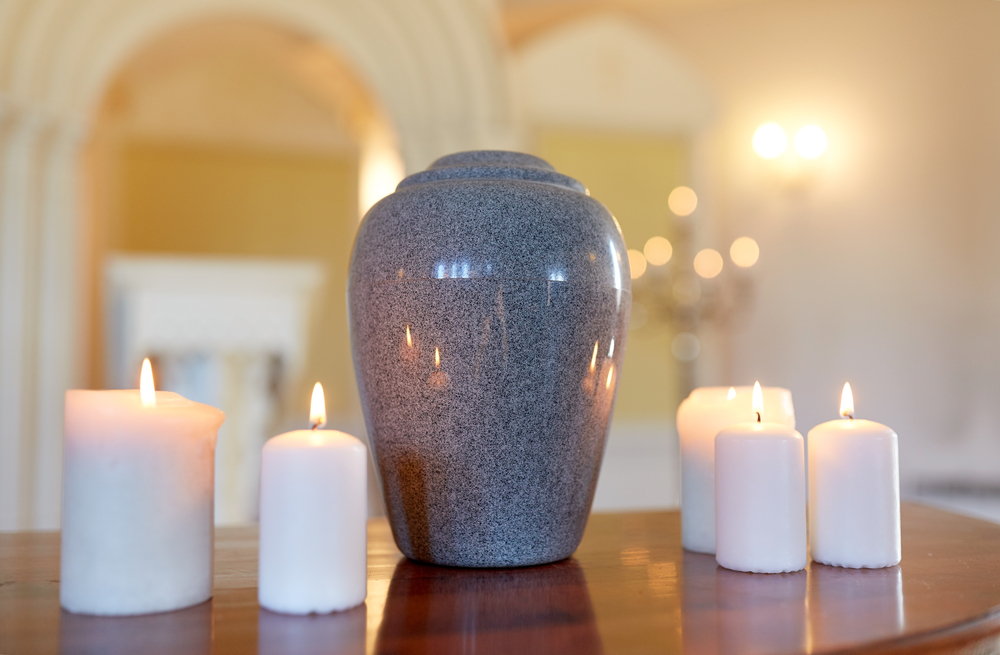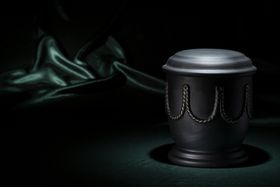What Is a Direct Cremation?
Published July 1, 2022

Cremation is increasing in popularity and is now the preferred choice in many countries. However, there is still some confusion around what exactly the cremation service entails and how to go about choosing the best cremation option for the family’s needs. There are different methods of cremation, with families even having the choice between green cremations or bio cremations. However, in this article, we will focus on the method of direct cremation.
Direct cremation involves the body being taken to the crematorium as soon as possible. The body is not prepared or embalmed in any way. It can also be noted that direct cremation often comes with a lower price tag than traditional cremation. Traditional cremation involves the body being taken from the morgue or hospital to a funeral home where it undergoes preparations of embalming so that there can be a viewing at the memorial service. Once the memorial service is over, the body is then cremated.
Understanding Direct Cremations
Direct cremation is the most basic form of cremation and does not include any of the pre-funeral events, a funeral service, and has no attendees. The family often deals directly with a crematorium without the intervention of a funeral home. In most cases, the staff at the crematorium handle all aspects of the cremation, including the death certificate and transportation of the body. The ashes are returned to the family to do with as they wish. Direct cremation is gaining popularity as it is one of the most affordable options offered by funeral directors.
If you are interested in direct cremation but would like a formal service as well, the service will take place in the form of a memorial service at a later date.
Some of the advantages of direct cremation include:
- Affordability
Direct cremation is considered to be one of the most affordable cremation options because there are no added services or exorbitant funeral costs.
- Simplicity The process of direct cremation is very simple and uncomplicated. There is no funeral service to organize with caterers, florists, and guests. Direct cremation is also popular among people who don’t want to have a funeral once they pass away.
- Flexibility Direct cremation allows the family some flexibility and freedom because they are not constrained by time. Direct cremation allows families to arrange a memorial service of their taste, timeline, and budget.
How Does a Direct Cremation Work?
Direct cremation is simple and fast, which is one of the reasons it appeals to many families. The process of direct cremation is as follows:
- The crematorium staff arranges to take your loved one into their care.
- Your loved one is kept in a climate-controlled environment until the date of cremation is set.
- The crematorium assists you with all the paperwork, and the permits are completed and filed.
- The staff performs the cremation using an alternative container—usually made of cardboard or a much cheaper wood than traditional caskets.
- The cremains are placed in a temporary urn that is typically made from cardboard or plastic.
- The urn is collected by a family member, delivered by the crematorium, or sent by secure mail.
How Much Does Direct Cremation Cost?
Cremation costs vary based on several factors. Direct cremation is the least costly option because most of the expensive purchases like embalming, the casket, a funeral service, and extensive transportation are avoided. The average price of direct cremation is $2300, but prices may vary between states and funeral homes.
If you are planning on burying the cremains in a cemetery or interring them in a columbarium, those costs must also be considered. You will need to pay for the plot or columbarium niche, a headstone or grave marker, and any other cemetery fees. If you want to transfer the ashes from the temporary urn into a more permanent urn, the cost of the urn also needs to be taken into consideration. The average cost of an urn is between $75 and $350, depending on the type of urn and the material it is made from.
How Long Does a Direct Cremation Take?
The process of direct cremation takes between one and two weeks. This is dependent on the speed of the registration of the death, the paperwork and permits, and the crematorium.
In Summary: Choosing Direct Cremation
Direct cremation is the most uncomplicated form of cremation and it gives the family of the deceased the chance to save some money and plan a memorial when and should they wish.
If you would like to know more about cremation, have a look at our facts about cremation blog.





